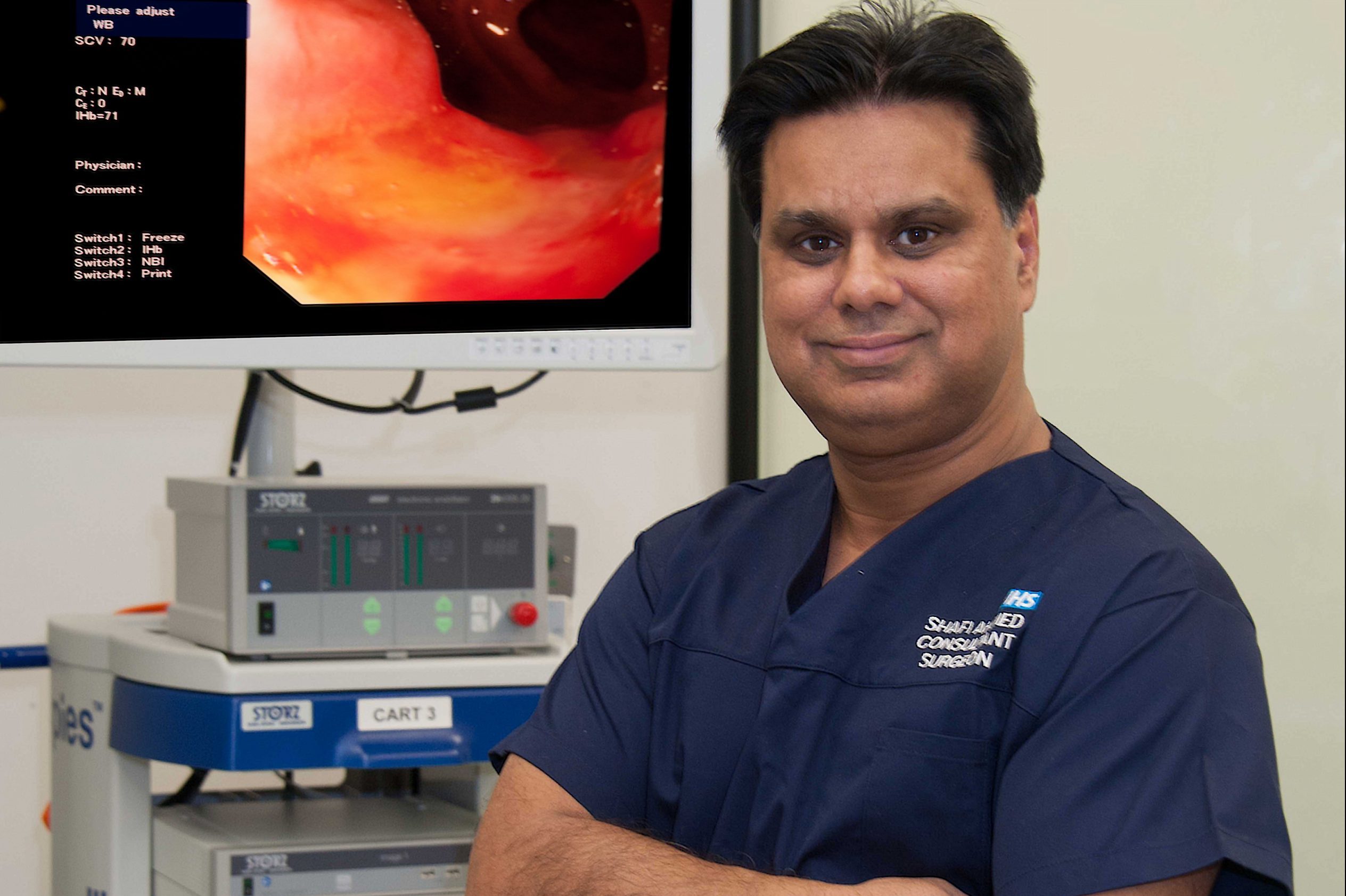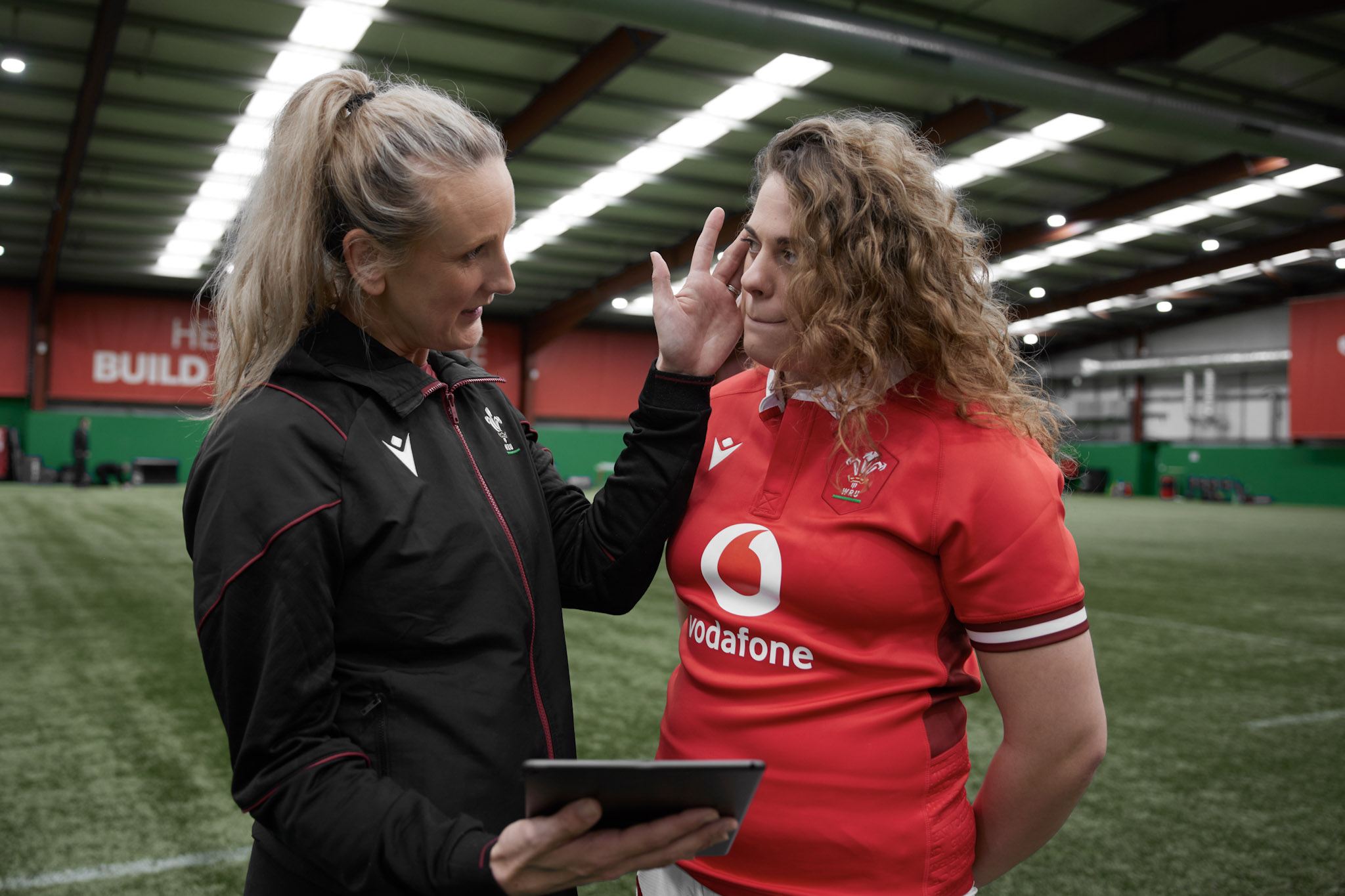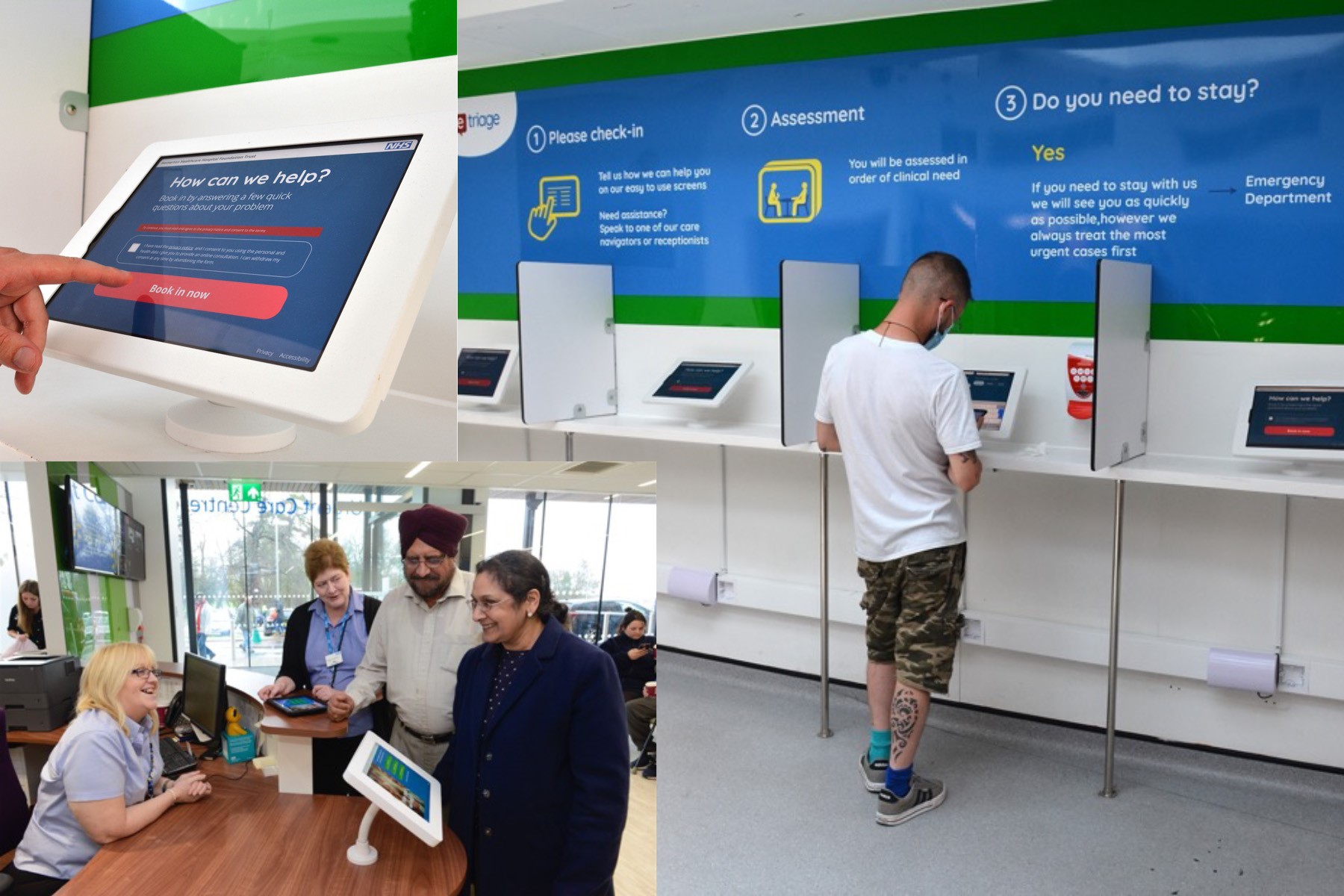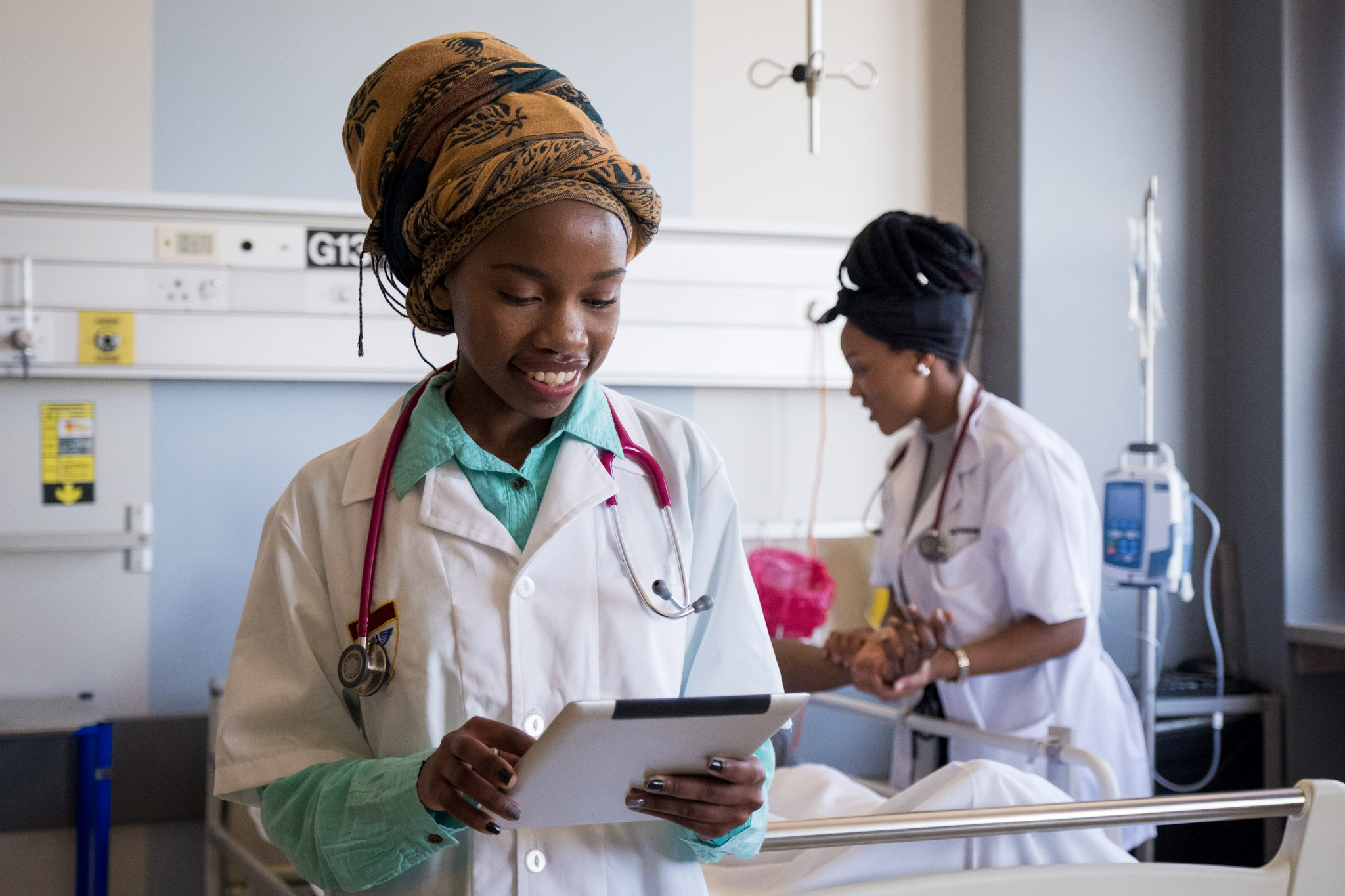
Professor Shafi Ahmed, world-renowned cancer surgeon and Vodafone Connected Health Ambassador, explains how technology and data-driven medicine are improving healthcare in the UK and globally.
Healthcare is already being transformed by connected technologies, Shafi Ahmed explains, and the pace of change has only accelerated during the pandemic.
Telemedicine – video consultations and remote health monitoring using wearable devices – is becoming the norm, he argues, and public acceptance is growing because people have seen just how valuable connectivity has been during lockdown.
“Virtual consultations save money and time, they’re less disruptive to people’s lives, and they relieve a lot of pressure on outpatient clinics,” says Shafi.
He envisages a future in which technologies such as internet of things, virtual reality, video calls, telepresence robots and increasingly sophisticated wearables all work together over superfast 5G networks and Wi-Fi to improve health outcomes.
Healthcare will be data-driven – our individual genomes will become a standard feature of our digitalised health records, for example – and there will be much more emphasis on preventative medicine and wellbeing, both mental and physical.
“Technology will completely transform and reimagine healthcare, not just in the UK but globally,” he says. “It has the potential to make healthcare more equitable, accessible and affordable.
“And connectivity is key to all this, which is why Vodafone and I work so well together.”
Medical innovator
Shafi says he first caught the technology bug when, as a colorectal surgeon working at the Royal London Hospital, he was asked to set up a laparoscopic surgery unit. This method involves examining abdominal organs using a tiny camera and keyhole surgery, resulting in smaller scars and quicker post-operational recovery.
“I’ve always challenged dogma and tradition, trying to find new and improved ways of doing things,” he says. “And I began to explore the potential of technology to improve outcomes for patients and widen access to medical education.”
New technologies, such as Google Glass and virtual reality, started to become more readily available around 2014, he recalls. So he conducted the first live surgery using Google Glass in 2015, with viewers from around the world watching proceedings live from his point of view as it was broadcast from the headset. The operation made the TV news.

He followed that up with the world’s first live virtual reality operation in 2016. VR headset wearing viewers were able to witness the operation as if they were right there in the operating theatre, which had been equipped with a number of cameras to recreate the space virtually in 3D.
“All people needed was a smartphone, a cheap VR headset – like Google Cardboard – and a 3G or 4G connection,” says Shafi. “It opened up the possibility of sharing skills and teaching on a much bigger scale.”
This is vitally important, he believes, because around two thirds of the global population do not have access to affordable surgery, partly because of a lack of trained doctors and surgeons. Connected health technology could help address this chronic shortage.
He also experimented with remote virtual collaboration, whereby surgeons in the US, UK and India interacted as avatars in a virtual operating theatre through the magic of connected Microsoft “mixed reality” Hololens headsets.

Not content with this, he also performed a live operation over social media platform Snapchat, recording short snippets using the company’s Spectacles glasses. This was a hit with his young medical students.
“They absolutely loved it,” Shafi says, “there was so much engagement and they could watch on their smartphones.”
Time Magazine came calling and the story went around the world; even fashion magazine Cosmopolitan covered it. His reputation as a medical technology innovator and expert was secured.
“It really showed the power of connectivity,” he says.
Educating the world
Shafi was four years old when his family left Bangladesh following the 1971 war of independence to seek a new life in the UK. He grew up in a tough neighbourhood in Romford, Essex, battling prejudice and the low expectations of teachers, and worked hard to become a doctor, then surgeon, with the support of his parents, who were passionate believers in university education.
“I cried when I passed my basic training as a surgeon because it felt like I’d broken down a big barrier – now I could really be successful in this career,” Shafi recalls.
Becoming a fully qualified surgeon took 14 years of hard graft.
“I always wanted to help the community, to help humanity, having come from a poor country. Global health has been my passion for a long time,” he explains.
This is why the technophile surgeon dedicates so much of his time running teaching and training programmes at hospitals in the UK and abroad, advising foreign governments on how to set up surgical training programmes, and running two annual medical technology conferences, Webit and Giant.
In his career to date Shafi says he has appointed more than 300 surgeons from 33 countries.
“It’s about leaving sustainable methods to help countries maintain surgical standards,” he says.
“I want to leave a legacy of knowledge to the benefit of humanity, and connected tech is helping me do that.”
Follow @VodafoneUKNews on Twitter.



![Woman in sportswear uses a smart bracelet in the autumn forest[Adobe Stock] stock photo of a woman using a smart watch in an autumnal forest](https://www.vodafone.co.uk/newscentre/app/uploads/2023/10/Woman-in-sportswear-uses-a-smart-bracelet-in-the-autumn-forestAdobe-Stock.jpg)
![Old woman in bed looking at screen of tablet[Adobe Stock] stock photo of an old woman in bed getting a telemedicine appointment on her tablet](https://www.vodafone.co.uk/newscentre/app/uploads/2023/06/Old-woman-in-bed-looking-at-screen-of-tabletAdobe-Stock.jpg)



